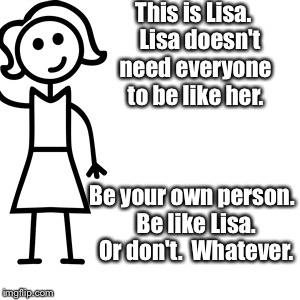I have
had such a hard time deciding what discourse community I wanted to write about.
Since there are several discourse communities that I am very interested in but
I am still not sure which one I would enjoy writing about. After finding out
that it is important to question and research discourse communities that are
currently running rather than the activities of these communities in the past,
I was stuck. Although the past can give us all a little glimpse into the
discourse communities that I wanted to write about, it will not be sufficient enough
to explain current or even future direction of those discourse communities. Here
are the ones I was thinking of:
Economics
Since this is my major, I was very interested in was APEC
(Asia-Pacific Economics Cooperation). This is a big group formed with 21
countries in order to improve and sustain stable economic growth for Asia-Pacific
region. This involves a lot of those countries in Asia to unite and create
meetings to support free open trade and investments to help economic
development. The countries joined as separate entities into a community working
side by side with the WTO (World Trade Organization) to improve trade and economic
conditions for those Asia-Pacific countries involved. Their board members are
appointed almost yearly and their membership is very exclusive. Besides the
facts, I have always wanted to dig deeper into this organization because
Vietnam and Thailand are members – I feel connected to these two members
because I might decide to invest in their growing economies in the future. This
will help me gain insights into the various involvement and the improvements that
these two countries have made to date. I don’t think I can get answers from
members directly, so I think it is best if I do a lot of research about APEC
current projects and possibly finding answers through my research.

Restaurants
This discourse community is very fun for me to talk about
because I want to own a restaurant in the future. I was a hostess and have
worked my way up to waitressing a while back. I have an idea what the common
goal is for each restaurant I have worked at. There is a sense of separation sometimes
between the workers and the employer but I think the common goal at the end of
the day is to make as much money as possible and create great experiences for
diners no matter how difficult it is. I went through what it was like to be an
employee but I have yet to experience what it is like to be an owner or even
someone higher up in the restaurant. This is why is discourse community had my
interest because it seems different at each of the restaurants I work at. I
have friends that are still servers/waiters therefor, the only issue is to find
a restaurant owner and/or someone in a higher position at a restaurant to ask
the questions regarding about creating a successful business in the food
industry.


Feminist Movements (Pro-choice)
As many of you must hear, there is an ongoing debate between
members of the pro-life and pro-choice movement. It is obvious what the common
goals are between these two movements. I have read and learned a lot about
issues regarding hidden or illegal abortions due to economic or suppression
issue when it comes to women in many countries. However, it seems like America
itself is suffering from the split itself. There were many violent attacks on
abortion clinics and abortions doctors from many radicals who wants to take
away the rights that women have with their bodies. I grew up with very strict
beliefs and values regarding the creation of life but I began to learn about the
suppressions that women continue to endure today when it comes the choices they
have with their bodies. I strongly feel that I have to support the pro-choice
movement because women have suffered long enough throughout history. I was more
heart-broken when I watched recent documentaries that involves illegal abortions
and unsafe health choices that these women are left with. I am interested in finding
out about the groups involved in the pro-choice movement and choosing the one I
would like to write about. This is possible for me to do because I am sure it
is not hard to contact the members to question them about their strategies
along with their discourse community and the research will be very enjoyable to
do.
Overall,
I think this project will be a lot of work and these discourse communities are
the ones I am very fond of. I have yet to think of the question(s) I want to
answer but I will continue to narrow down the discourse community that fits
best and work on the question after. Regardless of the choice of discourse
community, I hope to gain a lot of information that I can carry through into
the future.




